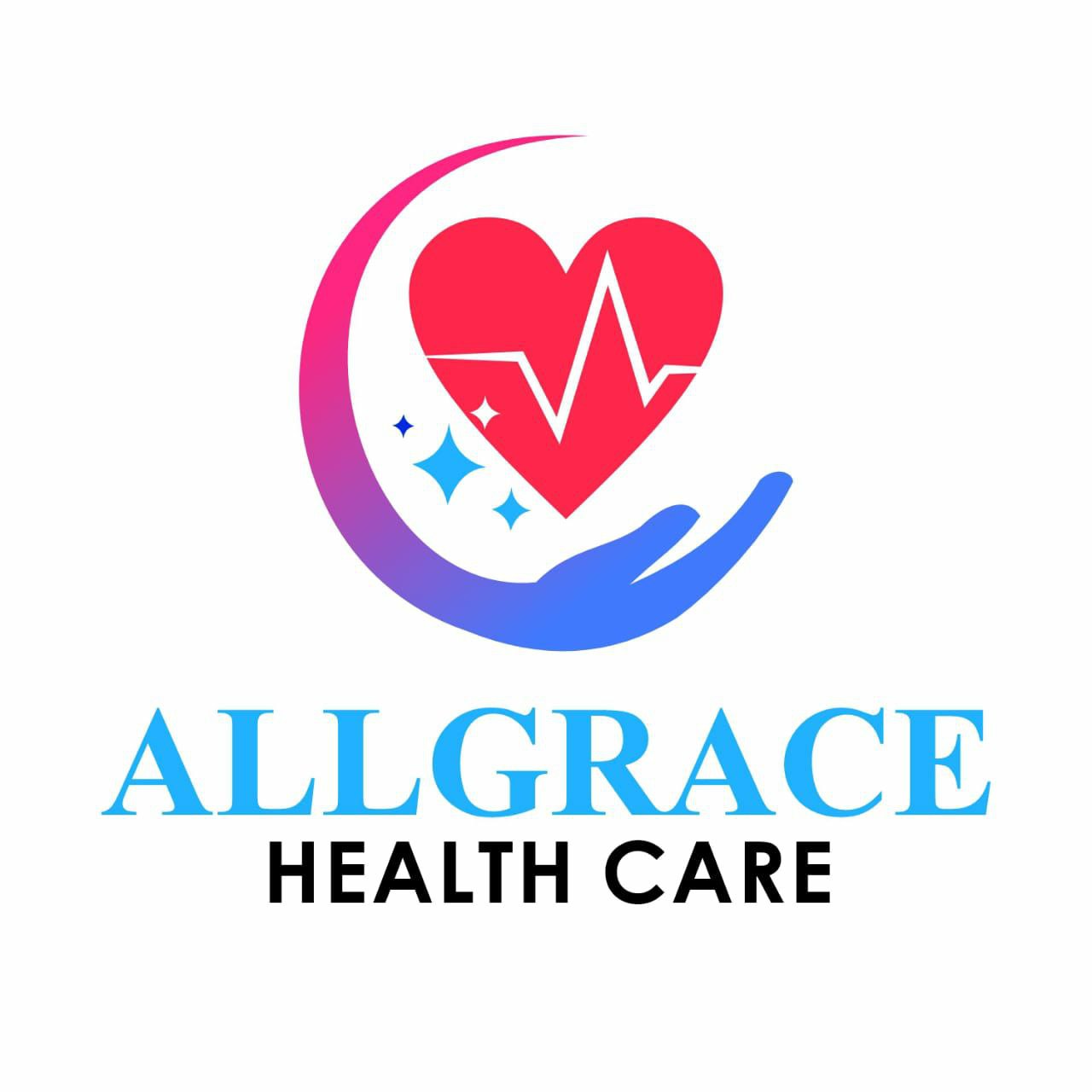Healthcare is of utmost importance for seniors as they age. As individuals grow older, their bodies become more susceptible to various health issues and chronic diseases. Therefore, it is crucial for seniors to prioritize their healthcare in order to maintain a good quality of life and increase their life expectancy. In this blog post, we will explore the significance of healthcare for seniors and how it can benefit them in various ways.
To delve into the topic of healthcare for seniors, we will be using two concepts – perplexity and burstiness. Perplexity refers to the complexity and uncertainty that seniors may face when it comes to their health. Burstiness, on the other hand, refers to the sudden occurrence of health issues or the exacerbation of existing conditions. By understanding these concepts, we can better comprehend the importance of healthcare for seniors and how it can address their unique needs.
Key Takeaways
- Early detection of health issues can lead to better outcomes and treatment options.
- Prevention of chronic diseases through lifestyle changes and regular check-ups can improve overall health.
- Improved quality of life can be achieved through proactive healthcare measures and personalized health plans.
- Better management of existing conditions can lead to reduced symptoms and complications.
- Increased life expectancy can be achieved through access to preventive services and education on healthy lifestyle choices.
Early Detection of Health Issues
Early detection of health issues is crucial for seniors as it allows for timely intervention and treatment. Many health problems can be managed more effectively when detected early, preventing them from worsening or becoming chronic. For example, regular screenings such as mammograms and colonoscopies can detect cancer at an early stage when it is more treatable.
In addition to cancer, there are several other common health issues that can be detected early in seniors. These include cardiovascular diseases, diabetes, osteoporosis, and cognitive decline. By identifying these conditions early on, healthcare providers can develop personalized treatment plans and interventions to slow down their progression or manage symptoms effectively.
Prevention of Chronic Diseases
Preventing chronic diseases is another significant benefit of healthcare for seniors. Chronic diseases such as heart disease, stroke, diabetes, and arthritis are common among older adults and can significantly impact their quality of life. By implementing preventive measures such as regular check-ups, vaccinations, and lifestyle modifications, seniors can reduce their risk of developing these chronic conditions.
For instance, maintaining a healthy diet, engaging in regular physical activity, and avoiding tobacco and excessive alcohol consumption can help prevent heart disease and diabetes. Vaccinations such as the flu shot and pneumonia vaccine can also protect seniors from respiratory infections that can lead to complications.
Improved Quality of Life
Healthcare plays a vital role in improving the quality of life for seniors. By addressing their healthcare needs, seniors can experience better physical and mental well-being, leading to a more fulfilling and enjoyable life. Healthcare providers can offer various services and interventions to enhance seniors’ quality of life.
For example, regular check-ups and screenings can help identify and manage chronic conditions, reducing pain and discomfort. Additionally, healthcare providers can offer counseling and support for mental health issues such as depression and anxiety, which are common among seniors. By addressing these issues, seniors can experience improved emotional well-being and a better overall quality of life.
Better Management of Existing Conditions
Managing existing conditions is crucial for seniors to maintain their health and well-being. Many older adults have chronic conditions such as hypertension, arthritis, or respiratory diseases that require ongoing management. By receiving regular healthcare, seniors can effectively manage their existing conditions and prevent them from worsening.
For instance, seniors with hypertension may need regular blood pressure monitoring and medication adjustments to keep their blood pressure under control. Similarly, individuals with arthritis may benefit from physical therapy, pain management techniques, and assistive devices to improve their mobility and reduce pain.
Increased Life Expectancy

Healthcare has the potential to increase seniors’ life expectancy by addressing their health needs and providing appropriate interventions. By managing chronic conditions effectively, preventing diseases, and promoting healthy lifestyle choices, healthcare can help seniors live longer lives.
For example, regular screenings for cancer can detect the disease at an early stage when it is more treatable, increasing the chances of survival. Additionally, managing chronic conditions such as diabetes or heart disease can reduce the risk of complications that can shorten life expectancy.
Cost-Effective Healthcare
Cost-effective healthcare is crucial for seniors as they often face financial constraints. Access to affordable healthcare services and medications can ensure that seniors receive the necessary care without incurring excessive expenses. This is particularly important as seniors may require frequent medical visits and ongoing management of chronic conditions.
There are various cost-effective healthcare options available for seniors, such as Medicare and Medicaid programs. These programs provide coverage for a wide range of healthcare services, including preventive care, hospital stays, and prescription medications. Additionally, seniors can explore community health centers and clinics that offer discounted or sliding-scale fees based on income.
Peace of Mind for Seniors and Their Families
Healthcare provides peace of mind for both seniors and their families. Knowing that their health needs are being addressed and that they have access to necessary medical care can alleviate anxiety and worry. This peace of mind allows seniors to focus on enjoying their lives and maintaining their independence.
For example, regular check-ups and screenings can provide reassurance to seniors and their families that their health is being monitored. Additionally, having access to healthcare providers who are knowledgeable about senior health issues can provide guidance and support in managing any concerns or conditions that may arise.
Personalized Health Plans
Personalized health plans are essential for seniors as they address their unique healthcare needs and preferences. Healthcare providers can develop individualized treatment plans based on seniors’ medical history, current health status, and personal goals. This personalized approach ensures that seniors receive the most appropriate care for their specific needs.
For instance, a senior with multiple chronic conditions may require a comprehensive care plan that includes regular check-ups, medication management, physical therapy, and dietary modifications. On the other hand, a senior who is relatively healthy may benefit from preventive screenings, vaccinations, and lifestyle counseling to maintain their well-being.
Access to Preventive Services
Access to preventive services is crucial for seniors as it allows for early detection and intervention. Preventive services such as vaccinations, screenings, and health education can help seniors maintain their health and prevent the onset of diseases or complications.
For example, vaccinations such as the flu shot and pneumonia vaccine can protect seniors from respiratory infections that can be life-threatening. Regular screenings for conditions such as cancer, diabetes, and osteoporosis can detect these diseases at an early stage when they are more treatable.
Opportunity for Health Education and Lifestyle Changes
Healthcare provides an opportunity for health education and lifestyle changes for seniors. Healthcare providers can offer guidance and support in making healthy choices and adopting behaviors that promote well-being. This education empowers seniors to take control of their health and make informed decisions about their care.
For instance, healthcare providers can provide information on healthy eating habits, physical activity recommendations, and stress management techniques. They can also offer resources and referrals to support groups or community programs that promote healthy lifestyles.
In conclusion, healthcare is of utmost importance for seniors as they age. It plays a crucial role in early detection of health issues, prevention of chronic diseases, improved quality of life, better management of existing conditions, increased life expectancy, cost-effective care, peace of mind, personalized health plans, access to preventive services, and opportunities for health education and lifestyle changes. Seniors should prioritize their healthcare needs and work closely with healthcare providers to ensure they receive the necessary care to maintain their health and well-being. By doing so, they can enjoy a fulfilling and healthy life as they age.
If you’re interested in learning more about the importance of regular health check-ups for seniors, you may also find this article on bridging the gap with effective long-distance care with AllGrace Healthcare Solutions to be informative. It explores how technology and remote healthcare services can help seniors receive the care they need, even when they are far away from their healthcare providers. Check out the article here to discover how these solutions can improve the quality of life for seniors and their families.






0 Comments